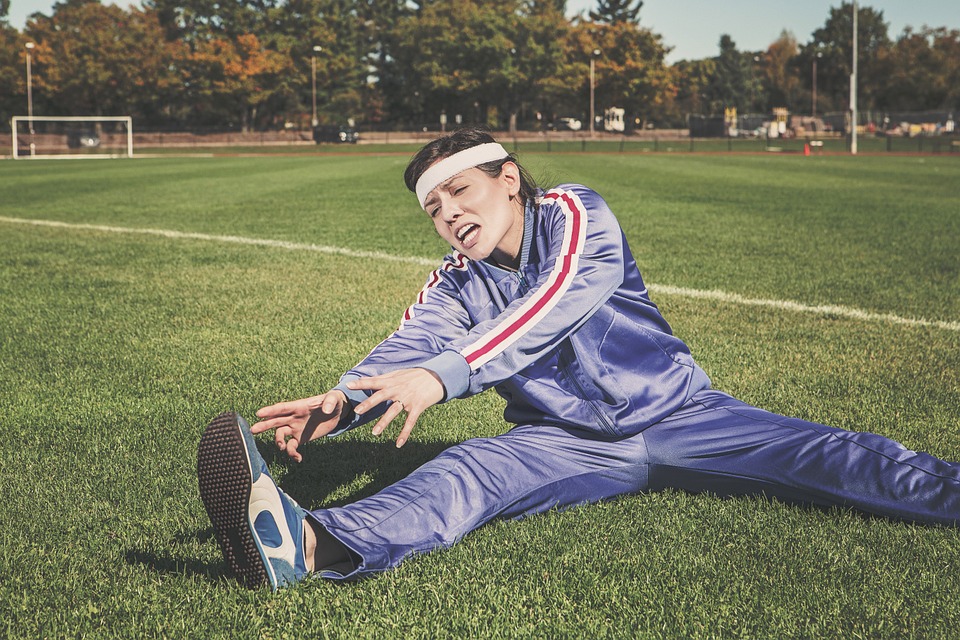A single session of massage can boost the immune system
Researchers from Cedars-Sinai Medical Center reported that a single massage produced measurable changes in the immune system and endocrine system of healthy adults.
The research was conducted in an outpatient research unit in an academic medical center. Medically and psychiatrically healthy adults, 18–45 years old, participated in this study.The study design was a head-to-head, single-session comparison of Swedish Massage Therapy with a light touch control condition. The intervention tested was 45 minutes of Swedish Massage Therapy versus a light touch control condition, using highly specified and identical protocols. Blood samples were taken before the massage began and at regular intervals up to one hour after the massage was completed. Measurements were performed to determine oxytocin (OT), arginine-vasopressin (AVP), adrenal corticotropin hormone (ACTH), cortisol (CORT), circulating phenotypic lymphocytes markers, and mitogen-stimulated cytokine production.
The study found several changes in the blood tests of the Swedish massage group that indicated a benefit to the immune system. Swedish massage caused sizeable decreases in arginine vasopressin (AVP), a hormone that contributes to aggressive behavior, and small decreases in the stress hormone cortisol. The Swedish massage participants also had an increase in the number of circulating lymphocytes, cells that help the immune system defend the body from harmful substances.However Oxytocin was not found to be influenced.
The authors concluded that “Preliminary data suggest that a single session of Swedish Massage Therapy produces measurable biologic effects. If replicated, these findings may have implications for managing inflammatory and autoimmune conditions.”
Reference: Mark Hyman Rapaport, Pamela Schettler, Catherine Bresee. A Preliminary Study of the Effects of a Single Session of Swedish Massage on Hypothalamic-Pituitary-Adrenal and Immune Function in Normal Individuals. The Journal of Alternative and Complementary Medicine. doi:10.1089/acm.2009.0634.
